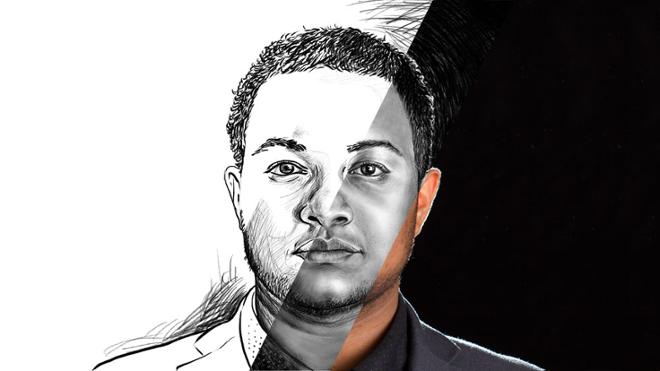News
Beyond the binary
Growing acknowledgment of the imperative for equality for people who identify as transgender poses unique challenges at Richmond. The University has included gender identity and gender expression in its non-discrimination policy since 2011, but its history is often grounded in binary gender-based structures like the coordinate colleges and their traditions.
So consider the dilemma of Westhampton student Jo Gehlbach, ’12, who arrived on campus wanting to fit in but who hadn’t put on a dress since the age of 12 and doesn’t identify as “she.” This became an issue right away as classmates began planning their white dresses for Proclamation. Gehlbach nodded to tradition, pairing a white dress with Birkenstocks.
“I survived, but it’s one of the handful of regrets I have from college,” Gehlbach said.
Today, transgender and non-binary students can work with Richmond and Westhampton college deans to address such issues and even switch their college affiliation.
“The primary mission of the deans’ offices is care and concern,” said Joe Boehman, dean of Richmond College. “We realize that each student comes to us with unique needs and challenges. The short answer is always, ‘If we can, we will,’ and then we’ll be as supportive as we can be.”
Seeing campus better through the eyes of transgender or gender non-binary Spiders offers better understanding of how to navigate this new terrain as students meet barriers that could prevent them from fully participating in the Richmond community.
“As any alumnus knows, these traditions are Richmond,” Kim Catley writes in a spring story, “Breaking the Binary,” for Common Ground. “The shared experiences of reading letters, or signing the honor pledge, or standing together in a W bind generations of students and alumni to the University and to one another.”
